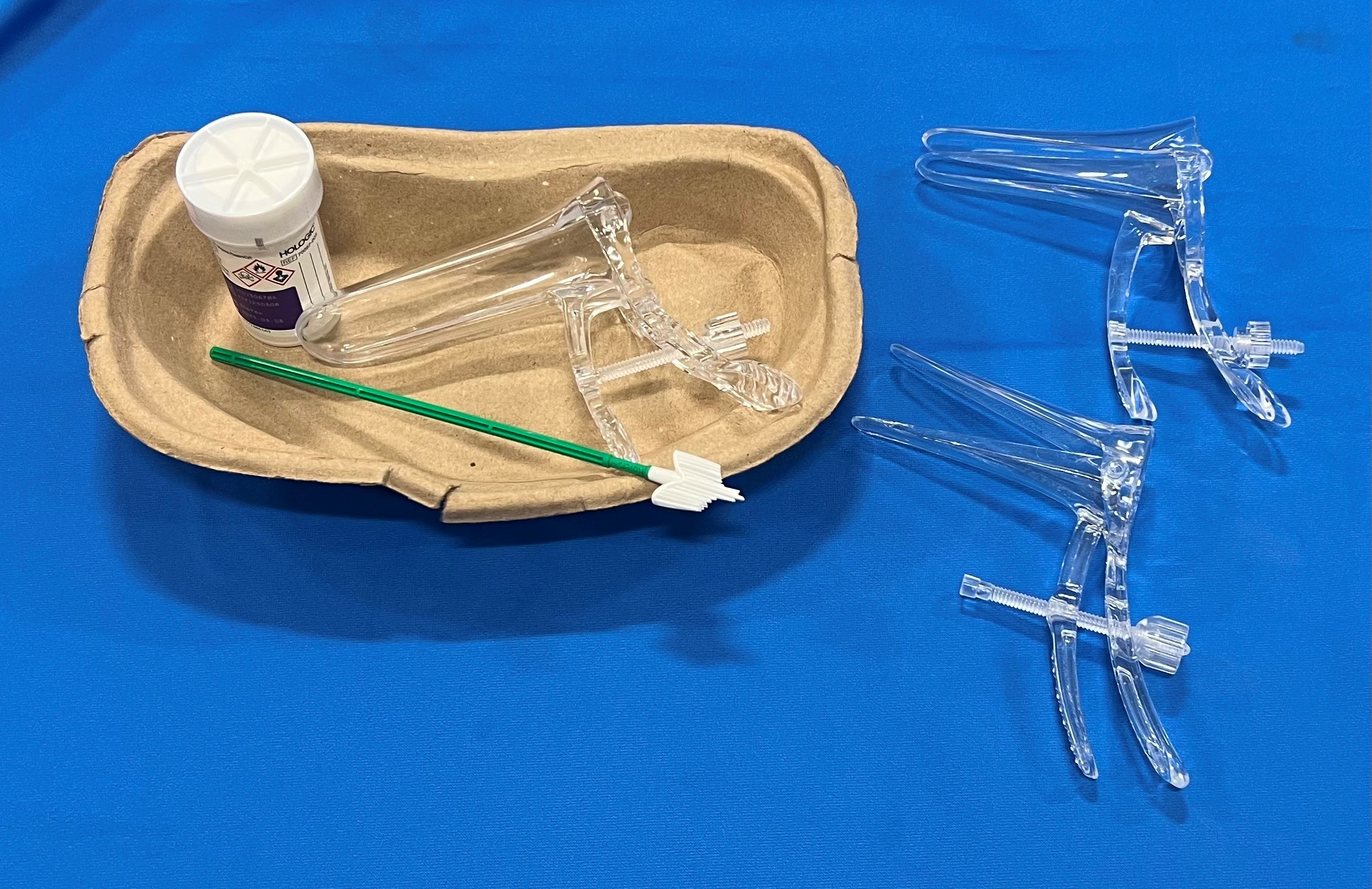Cervical screening is offered to women aged 25 to 64 to check the health of cells in the cervix. It is offered every three years for those aged 26 to 49, and every five years from the ages of 50 to 64.
Cervical screening (a smear test) checks the health of your cervix. It's not a test for cancer, it's a test to help prevent cancer.
All women and people with a cervix aged 25 to 64 should be invited by letter. During the screening appointment, a small sample of cells will be taken from your cervix. The sample is tested for changes to the cells of your cervix. Finding abnormal changes early means they can be monitored or treated so they do not get a chance to turn into cervical cancer.

If you or someone you know is exhibiting symptoms of cervical cancer, seek medical attention immediately.
Initial stages of cervical cancer show no signs or symptoms. Signs and side effects of further developed cervical cancer include:
- Vaginal bleeding after intercourse
- Abnormal vaginal discharge with foul odour
- Pelvic pain during intercourse
More information on cervical screening can be found on the NHS Website.





